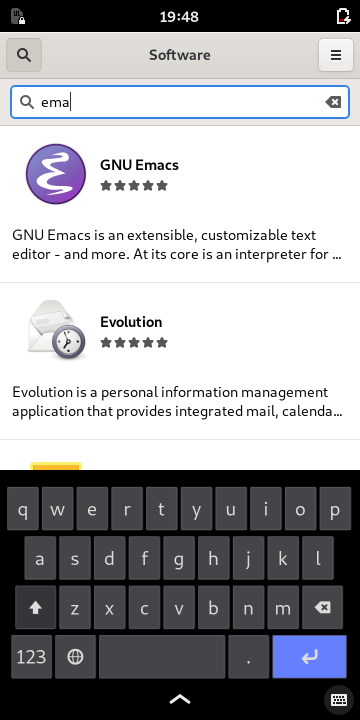

More consumers can increase the value for companies to be advertised in the search engine in two main ways. So, in this two-sided market environment, advertisers assign a higher valuation to participating in the search engine platform when they expect to have a higher probability of matching with as many consumers as possible. Search engines base their revenues almost exclusively on selling advertising slots (see for example some relevant statistics in Liem and Petropoulos, 2016). Slots are auctioned and the winners have to pay a fee to the search engine whenever a potential consumer clicks on the displayed ad (pay-per-click strategy). Companies are thus more successful in placing their products, and consumers receive recommendations tailored to their interests.Īdvertising slots are allocated on a competitive basis to the companies that are willing to pay the highest amount to get some prominence in the platform when the user is searching for relevant terms. By analysing the users’ data, they can improve the quality of the search engine algorithm and provide more relevant organic search results, but they can also design personalised advertising strategies for companies’ products and services. To monetise their work, search engines collect and process data from users and sell advertising slots to companies. They also act as intermediaries which match consumers with providers of services or sellers of products. It's got an awesome chapter about how search engines work.Search engines respond to queries by providing relevant and valuable information about the topics that their users are looking for. Buy Nine Algorithms That Changed the Future by John MacCormick.Not just using database indexes.) It's actually a pretty interesting topic to get into, if you have the time. It's all about building good indexes and using them well. I also used to think it's about some MySQL features or something, but it's really not. (If you're not already using an ORM, I highly recommend you give it a try.) Doctrine 1 has a decent "search engine".If someone else is able to formulate a good answer to this hugely complicated topic here, I'd be glad to give them an upvote. So I'm just going to point you to a few starting points.
#Data creator searchengine update#
THIS IS PART OF MY CURRENT CODE WHICH I WOULD LIKE TO CHANGE AND UPDATE TO SOMETHING MORE SECURE AND WITH BETTER SEARCH FACILITIES: $query = "SELECT * FROM people WHERE "
#Data creator searchengine how to#
I get stuck on trying to figure out how to implement a search query, and getting the search to work if the user enters multiple keywordsĪny help is much appreciated, i understand this might be a big ask of someone to explain this to me but i am doing as much as i can to learn as i am a student and working on a project I am looking for some ideas on how I can create a search engine using PDO as it offers more protection than i currently have, I have researched about using MATCH and AGAINST in a query,to search the "title" and "description" columns in my database, but as i am a beginner i am unsure of where to start. How do I create a PDO parameterized query with a LIKE statement in PHP?Īt the moment I have a very simple search engine which uses the old mysql_* queries and also uses "like" in the query, i understand this is now outdated and using like queries can get slow as the database grows?


 0 kommentar(er)
0 kommentar(er)
